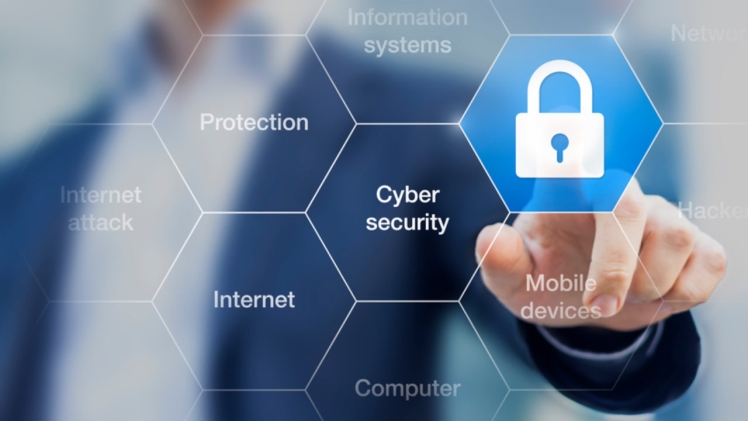There is a lot of talk about data security in business today. Whether it’s protecting vital data from threats or keeping critical systems and information accessible, there are plenty of reasons for organizations to take steps to protect their data. Although data security has always been important, its significance is growing daily. Data is used in business operations more than ever, and the COVID-19 pandemic fundamentally changed how some industries interact with data. Retailers and the personal data they gather and store as a result of rising online shopping activity have become primary targets for cyberattacks. While trying to maintain productivity in the face of the widespread adoption of remote work, many other companies risk security by sending data across external networks. These businesses need to consider endpoint laptop devices when preparing for evolving threats. Holistic data security measures must take into account the entire data lifecycle.
Protecting Vital Data From Threats
There are some threats that you should be aware of when it comes to protecting vital business data. The first step is to assess the vulnerabilities of your computer system. This includes finding out where the data resides and who has access to it. You should also regularly run anti-malware programs and encrypt email transmissions within your business. A secure system will ensure that only the people you want access to the information can do so.
When you have sensitive documents, such as personal or financial information, you should store them in a secured file cabinet. Your files should be password protected and have an inventory of your PIN pad. Paper documents can also be compromised, so you should avoid storing them in a drawer. Also, keep all of your backups in a locked file cabinet.
If your business uses mobile devices for communications, you should also protect your data by encrypting it. Set up a secure network and a password on all devices. In addition, choose the best antivirus for small business to find, evaluate, and classify a variety of malware and ensure complete malware defense.
Availability
This area requires that authentication procedures, access channels, and systems be appropriately maintained for authorized individuals to access data when needed.
To put this theory into practice, organizations must ensure that systems operate effectively (such as maintaining updated hardware), can handle unexpected network loads, and have failover recovery plans. Data availability may be jeopardized by outside factors such as service interruption, natural disasters, or outages.
Confidentiality
Confidentiality and business data security risks are becoming increasingly prevalent as the digital world changes. The data breach cost has increased, and consumers’ awareness of their privacy rights is growing.
Several governments have passed new laws, including the European General Data Protection Regulation and the California Consumer Protection Act. The privacy rights of consumers are increased by these regulations. They also discuss data portability and data sales.
Many data breaches occur when sensitive information is unprotected. This can include personal and financial information, such as credit card details. Often, these breaches are due to employee errors or hackers’ ability to find the correct passwords.
Protecting confidentiality and business data is essential for any company. It’s critical to know which employees need access to sensitive data. Proper training can protect against the risk of exposure. In addition, employees should be able to identify the regulatory requirements for their jobs.
One way to ensure confidentiality is by using encryption. While encryption is effective, attackers can still steal or erase the information. For this reason, it’s essential to employ two-factor authentication to prevent unauthorized access to your data.
Integrity
Data integrity ensures your company’s data is accurate, consistent, and reliable. Keeping it real can help your business make the right decisions and avoid several problems.
Regardless of industry, it is essential to maintain data integrity. Protecting the information you store is critical because it is valuable and necessary for your business. The quality of your data can have a significant impact on your company’s efficiency and profitability.
You must protect your data from malicious or accidental breaches. These threats can include hackers, viruses, malware, and human error.
Having a strong culture of integrity is an effective way to reduce your data integrity risk. Workers who work in a culture of integrity are more likely to report errors that could jeopardize the integrity of their data. In addition, a culture of integrity helps to keep your employees honest and responsible.
When protecting your data, you should think about physical and logical integrity. Physical integrity refers to the accuracy and completeness of your data, such as when you have a database. This can be compromised by natural disasters, computer viruses, and hardware malfunctions.

